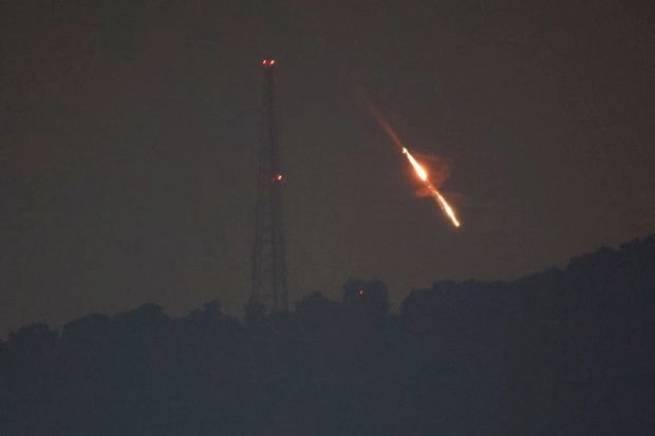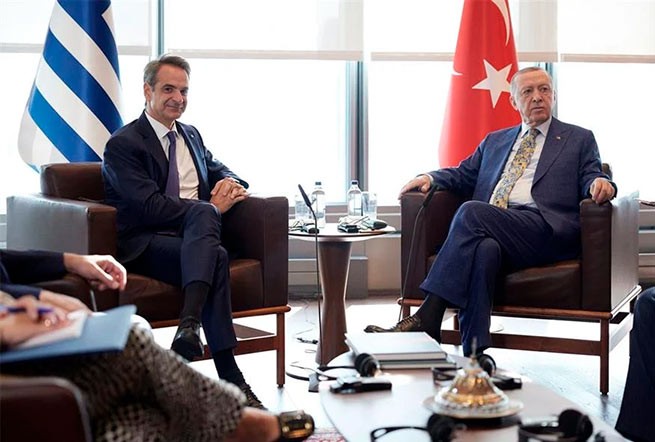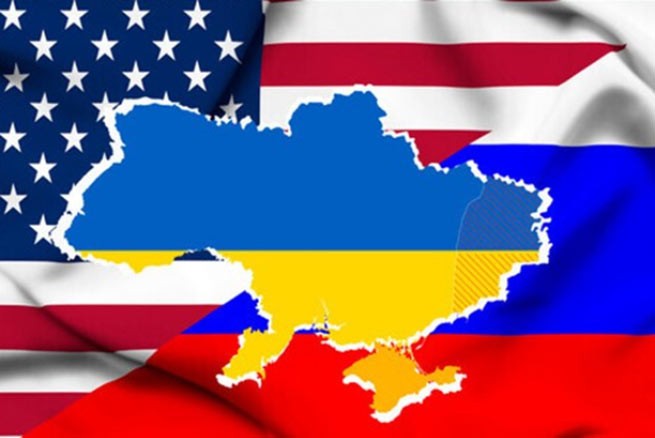Erdogan’s adviser Ibrahim Kalyn called on Putin and Zelensky to “settle differences”, and it was proposed to do this on the territory of Turkey, which is ready to act as an intermediary and provide a negotiating platform for this.
This is far from the first such proposal that comes to Moscow from Ankara. Earlier, Turkey has already made similar statements several times, trying to present itself as an intermediary between Moscow and Ukraine. The Kremlin gave Erdogan a polite thump over and over again, as, in fact, this time.
Moscow is ready to welcome the “mediating role of Turkey” only in the form of influence on Ukraine in order to force it to comply with the Minsk agreements it signed, which Ukraine does not want to comply with under Poroshenko and Zelensky. Such a transparent hint that if Erdogan is going to meet with Zelensky and wants to be an intermediary, let him convey to him the already well-known demands of the Kremlin on the issue of the Minsk agreements.
Turkey, of course, sees “mediation” as a way to expand its influence in the Black Sea region and form for itself the role of one of the moderators of the conflict. This is far from the first encroachment on the territory of the former USSR. Not so long ago, Turkey tried in every possible way to stake out the role of one of the arbitrators of the Armenian-Azerbaijani conflict, taking advantage of the victory of Azerbaijan in the Karabakh war, which was achieved with the help of Turkey. But Russia blocked these aspirations of Erdogan, as a result of which the main negotiations between Armenia and Azerbaijan are mediated by the Kremlin as the main arbiter of this conflict.
Similarly, Turkey has more recently tried to act as a moderator of the Kazakh conflict, using its influence spreading in Central Asia to shape the ideological concept of the Great Turan. Already during the bloody events in Alma-Ata, Turkey began to actively voice theses about the possibility of Turkish mediation in the stabilization of Kazakhstan, and the nationalist press even let it slip that it would be good to send “Turkish peacekeepers” to Kazakhstan.
But even here it didn’t work out – Russia reacted very quickly to the Kazakh events, and a contingent of CSTO troops was brought into the republic, which contributed to the operational stabilization of the situation and the cessation of armed unrest. Turkey was frankly disappointed by this development. One of the Turkish officials even publicly condemned the entry of the CSTO troops into Kazakhstan, after which the Turkish Foreign Ministry issued an explanation that he was misunderstood and did not mean it. Ankara is obviously disappointed with the missed opportunity and keeps a good face on a bad game. In the nationalist and pan-Turkist press, the situation in Kazakhstan has drawn muted criticism of Erdogan and the ruling coalition, who missed an opportunity to intervene, allowing Russia to act as the main moderator of the Kazakh crisis.
In the current realities, the renewal of calls to allow Turkey to the Ukrainian settlement indicates Turkey’s intention to continue its attempts to expand its influence on the territory of the republics of the former USSR, seeking various practical opportunities that will make it possible to turn these desires into real geopolitical benefits.
Turkey has long understood that the old world order is collapsing and the spheres of influence of certain countries (including Russia) are determined not by some pieces of paper of agreements, but only and exclusively by military-political and economic opportunities to maintain and control their interests. Understanding these rules of the game, Turkey has been actively trying various spheres of influence (including Russian ones) for the past 5 years. Somewhere it works out, somewhere it doesn’t, but it is quite obvious that, having embarked on this path, Erdogan is not going to turn off it.
Russia has absolutely no need to indulge Erdogan’s wishes, so he will receive polite refusals in one form or another. Russia has already made it clear that it sees no point in discussing the Ukrainian issue with the American puppets in Kiev and intends to talk to the point with the owners of these puppets, which we have been witnessing in recent weeks against the backdrop of saber-rattling and alarmist statements in the media.
Erdogan does not fit into this equation, if only for the reason that he has no real levers of influence on the Kiev regime. Just as France and Germany do not have it, negotiations with which within the framework of the Normandy format did not lead to anything, how the United States can easily torpedo any agreements on Ukraine that interfere with the course of maintaining a managed conflict beneficial to the United States. Therefore, the appearance of Erdogan cannot fundamentally change anything in the negotiations on Ukraine – this is beneficial only to Erdogan himself, who can try to catch a geopolitical fish in the troubled waters of the war in Ukraine.
Russia, of course, will continue to maintain relations with Erdogan and periodically conclude mutually beneficial deals with him, as it did more than once in Syria, but this is hardly possible in relation to Ukraine, although a project related to attempts to drag Erdogan to Crimea to open a mosque in Simferopol still showing signs of life from time to time. But this is hardly possible without the recognition of Crimea by Turkey, and this, in turn, is connected with the question of the price of this recognition (for example, Russia’s recognition of the Republic of Northern Cyprus), which Russia is not interested in paying at the current stage. Therefore, there are not very many real points of contact between the Russian Federation and Turkey in the Ukrainian direction.
Especially for IA ASD






More Stories
Germans from Russia were arrested in Germany on charges of preparing to strike US bases
The New Arab: "US approves possible operation in Rafah in exchange for Israeli refusal to attack Iran"
The population of Ukraine and the Russian Federation is predicted in the coming years